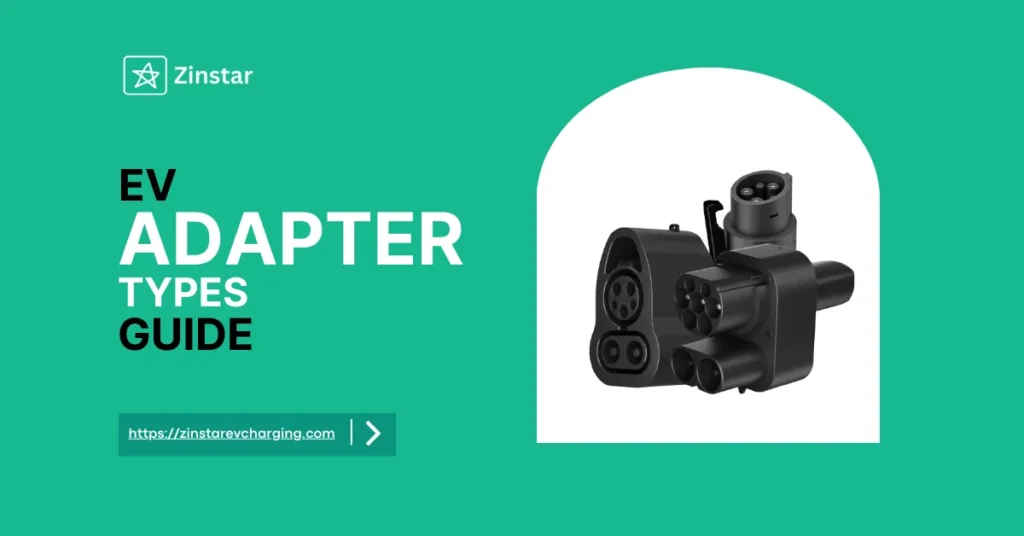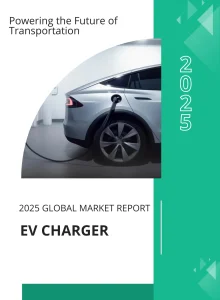Follow this EV adapter types guide to choose the right one for the electric vehicle (EV) is a crucial step in ensuring efficient charging and maximizing the usability of the EV car. With a variety of adapters available in the market, understanding the options available and their compatibility with the vehicle can save time, money, and frustration. Here’s a comprehensive guide to help you make an informed decision.
Explore our comprehensive EV adapter types guide to ensure compatibility and maximize charging efficiency for your electric vehicle. From understanding connector standards like Type 1, Type 2, CHAdeMO, and CCS, to evaluating charging levels and future-proofing your choice, this guide helps EV owners make informed decisions. Whether you charge at home or use public stations, choose the right adapter for a seamless EV experience.
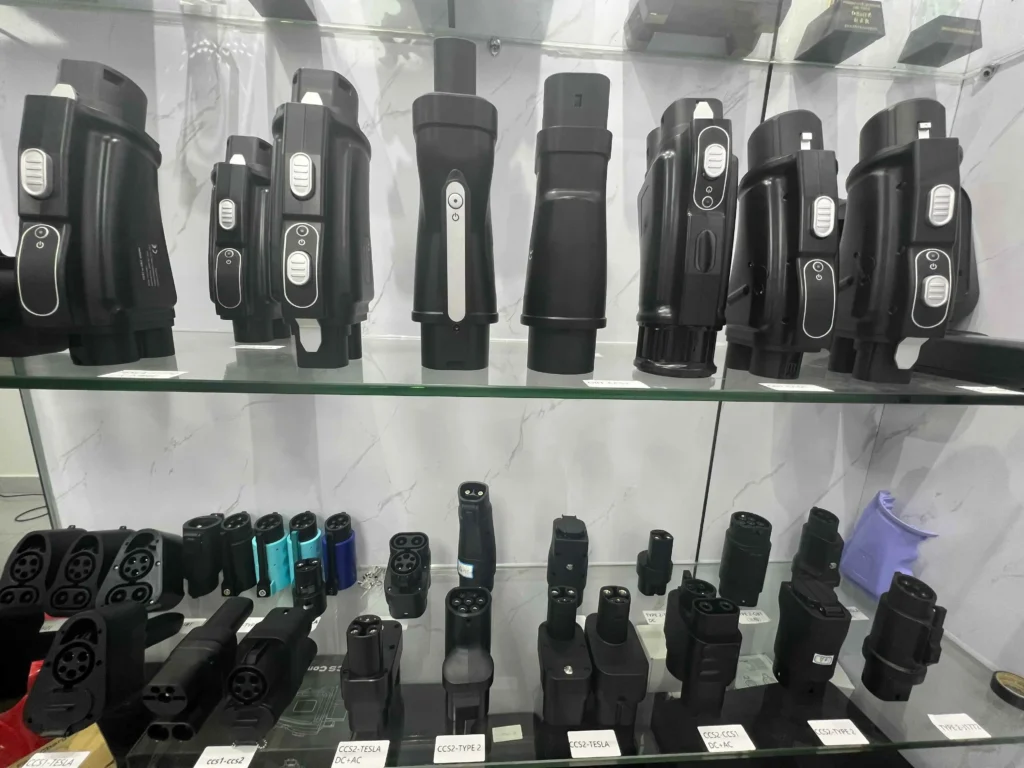
How to Choose the Right EV Adapter Types for Your Electric Vehicle
Understand the Charging Levels
Before diving into the specific types of EV adapters, it’s essential to grasp the different charging levels that exist. There are three primary levels of EV charging:
- Level 1: This involves using a standard 120V outlet. Level 1 charging is convenient for home use but can be slow, typically offering 4 to 5 miles of range per hour.
- Level 2: Operating on a 240V outlet, Level 2 charging stations are much faster, providing 10 to 60 miles of range per hour. This is often the most suitable option for home and public charging setups.
- DC Fast Charging (Level 3): These high-powered stations can charge your vehicle to 80% in about 30 minutes. They are mostly available in public charging networks and often utilize specialized connectors.
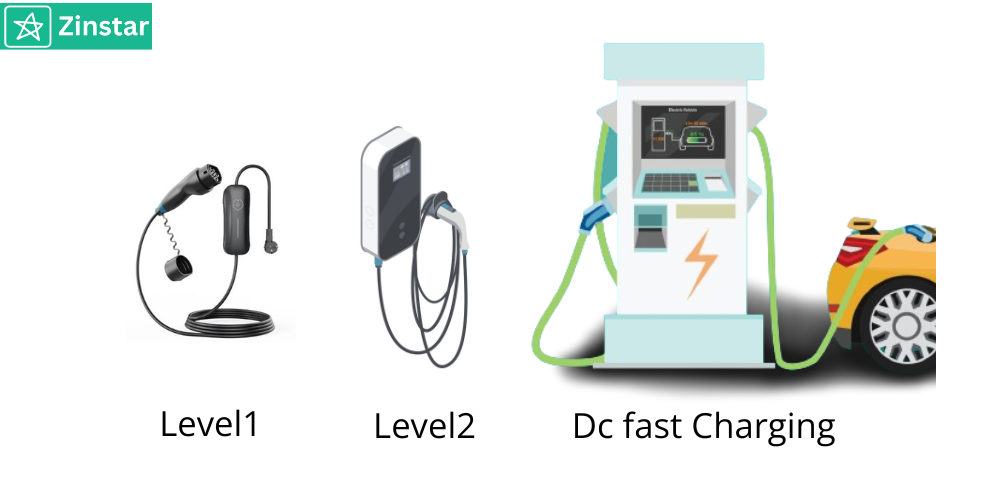
Know Your Vehicle’s Compatibility
Every EV manufacturer uses specific connectors or adapters. Knowing which EV adapter types are compatible with your vehicle is vital. Most electric cars come with a standard charging cord, but you may want to invest in additional adapters for convenience. Here are a few considerations:
- Connector Type: Common connector types include Type 1 (SAE J1772), Type 2 (Mennekes), and CCS (Combined Charging System) for DC fast charging. Verify which type your vehicle uses.
- Manufacturer Recommendations: Always check the manufacturer’s specifications and recommendations for the best charging adapters. Using incompatible adapters can damage your car’s battery system.
- International Standards: If you’re traveling abroad, familiarizing yourself with international charging standards and corresponding adapters is crucial to ensure seamless charging on the go.
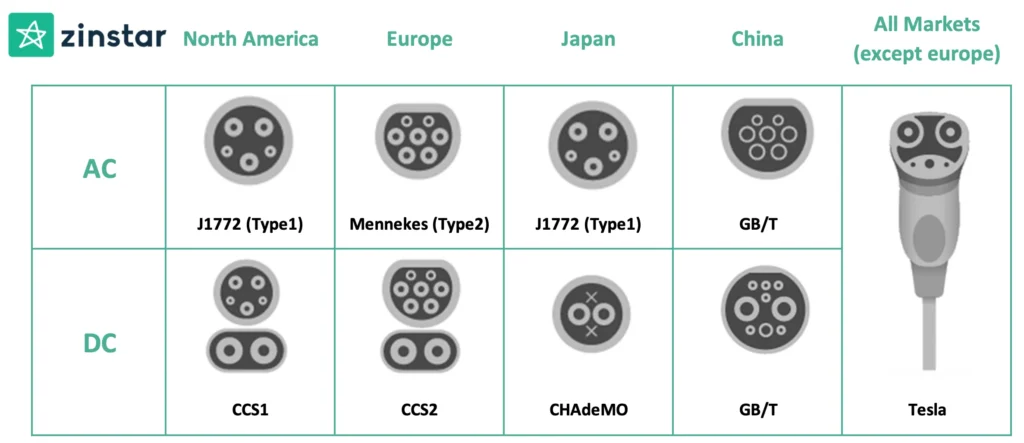
Evaluate Your Charging Needs
Your charging needs will significantly influence the type of adapter you should choose. Consider your daily commuting distance, the availability of public charging stations, and your home charging setup:
- Daily Commute: For short commutes, a Level 1 adapter might suffice for overnight charging, while longer distances may require a Level 2 or DC Fast Charger adapter.
- Public Charging Availability: If you frequently rely on public charging, ensure that you have access to the right type of adapter for the stations you will use.
- Home Charging Setup: If you have a dedicated home charging station, investing in a Level 2 adapter can significantly reduce charging time and improve convenience.
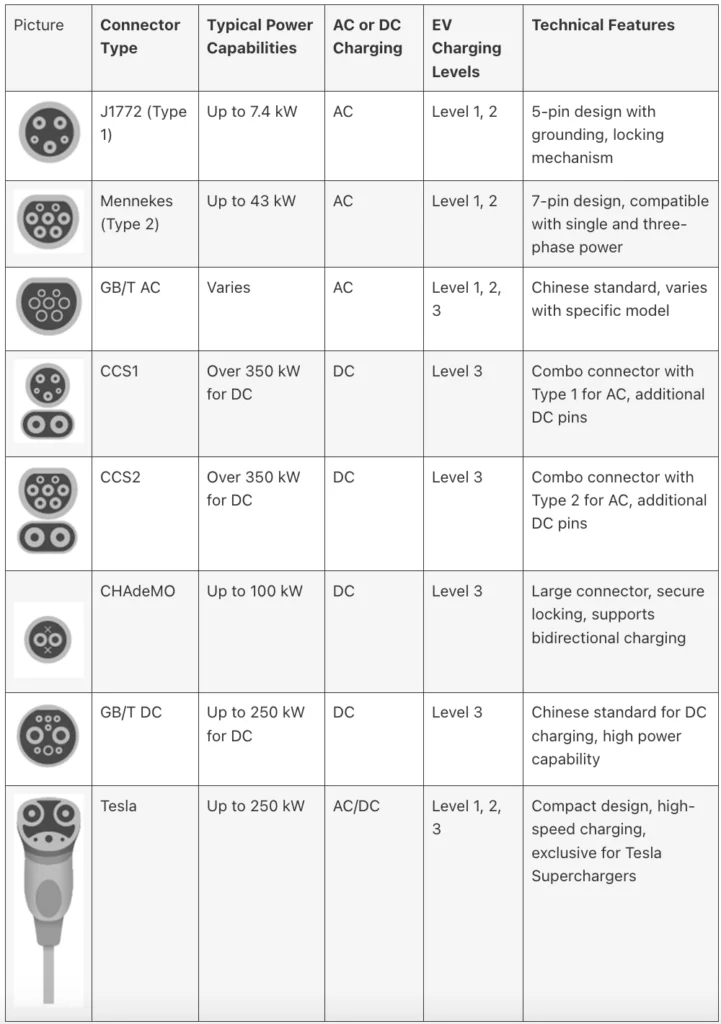
Consider Future-Proofing Your Choice
The electric vehicle landscape is rapidly evolving, with technology and options continually improving. To ensure your investment remains relevant, consider the following:
- Expandable Options: Look for adapters or charging systems that allow for upgraded or additional features in the future.
- Versatility: Choose an adapter that can work with different types of vehicles, especially if you plan to upgrade or switch in the coming years.
- Reputation and Reviews: Research and read reviews about the adapters to understand their reliability, performance, and customer satisfaction.
Ultimately, choosing the right EV adapter types involves understanding compatibility, evaluating your specific charging needs, and considering future demands. By making informed decisions, you can enhance your EV experience and ensure that you’re always charged and ready to go!
What You Need to Know About Different EV Adapter Types
As electric vehicles (EVs) gain popularity, understanding the various EV adapter types becomes crucial for every EV owner. These adapters not only ensure compatibility with different charging stations but also influence how efficiently your vehicle charges. Here, we break down the most common EV adapter types and what you need to know about them.
Types of EV Adapters
When it comes to EV charging, several adapter types cater to different vehicle models and charging stations. The most prominent adapter types include:
- Type 1 (SAE J1772): Commonly found in North America and Japan, Type 1 connectors are utilized for Level 1 and Level 2 charging. This adapter supports up to 40 amps and is compatible with many EV models.
- Type 2 (Mennekes): This adapter is prevalent in Europe and can handle both single-phase and three-phase charging. Type 2 supports faster charging, making it ideal for public charging stations.
- CHAdeMO: Specifically designed for fast charging, the CHAdeMO connector is popular among Japanese automakers. It allows for rapid DC charging, reducing downtime significantly.
- CCS (Combined Charging System): CCS incorporates both AC and DC charging in one connector. It’s widely adopted in Europe and North America, offering versatile charging options from standard home chargers to fast charging stations.
Compatibility with Your Electric Vehicle
One of the primary considerations for any EV owner is ensuring the adapter is compatible with your vehicle and the local charging infrastructure. Here are some tips to ensure you choose the right adapter:
- Check your vehicle’s specifications and current adapter type.
- Identify the charging stations available in your area and their supported adapter types.
- If possible, opt for a universal adapter to provide flexibility for different charging options.
Charging Speed Differences
Understanding the charging speed associated with different EV adapter types is crucial for optimizing your charging experience. Charging speeds can vary based on the adapter, the power supply, and the vehicle’s onboard charger. Here’s a quick overview of charging levels:
- Level 1 Charging: Uses a standard 120V outlet; generally supports Type 1 connectors and offers a slower charge, adding about 4-5 miles per hour.
- Level 2 Charging: Typically uses a 240V outlet; compatible with both Type 1 and Type 2 connectors. It provides a faster charging rate, averaging 25-30 miles of range per hour.
- DC Fast Charging: Utilizing CHAdeMO or CCS connectors, this method allows for charging rates of up to 350 kW, potentially delivering up to 200 miles of range in under 30 minutes.
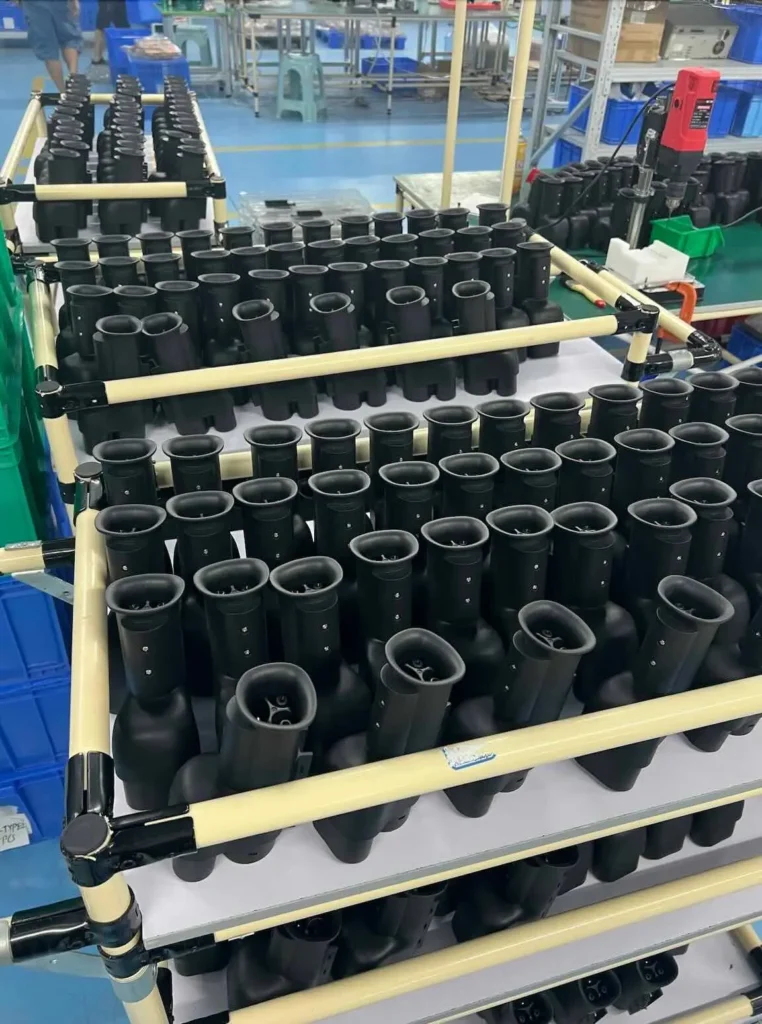
Future Trends in EV Adapters
As the EV market continues to evolve, so do the technologies behind charging and adapter types. Innovations are underway to enhance compatibility and reduce charging times. Trends to watch for include:
- Standardization of connectors to unify charging infrastructure.
- Advancements in wireless charging technologies.
- Increased focus on environmentally sustainable materials for adapters.
Understanding different EV adapter types is essential for making informed choices about your electric vehicle and charging solutions. Knowledge about compatibility, charging speed, and emerging trends can greatly enhance your overall electric vehicle experience. By investing time in understanding your options, you can maximize efficiency and convenience while at the same time reducing range anxiety.
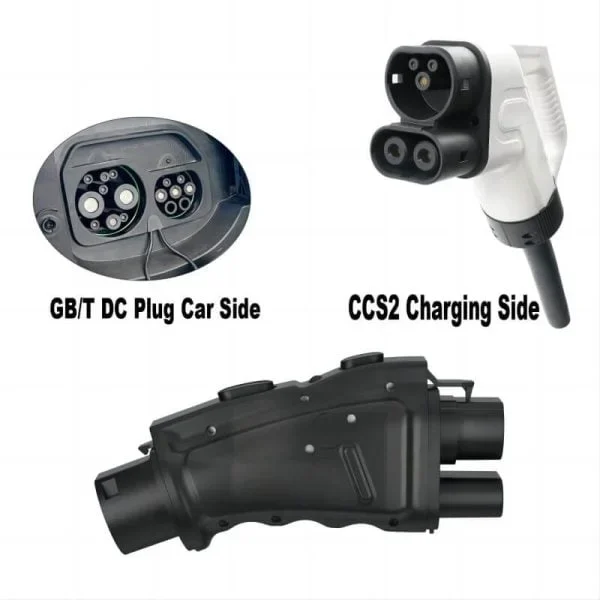
The Importance of Compatibility in EV Adapter Types
As electric vehicles (EVs) continue to become a common sight on our roads, understanding the various EV adapter types and their compatibility is crucial for every EV owner. Whether you’re powering up at home or using public charging stations, the right adapter ensures that your vehicle is charged efficiently and safely. In this section, we explore why compatibility should be at the forefront of your mind when choosing EV adapter types.
The Diversity of EV Adapter Types
Electric vehicles are designed to work with specific types of charging connectors. Different manufacturers and regions have adopted various standards, leading to a landscape where multiple EV adapter types coexist. Some of the most common types include:
- Type 1 (SAE J1772): Commonly used in North America and Japan.
- Type 2 (Mennekes): Popular in Europe, supporting both single-phase and three-phase charging.
- CHAdeMO: A fast charging standard mainly used by Japanese manufacturers.
- CCS (Combined Charging System): Combining AC and DC charging in one connector, widely embraced by European and American manufacturers.
Each of these adapter types serves a specific purpose, and their compatibility with your EV can drastically affect charging speed and accessibility.
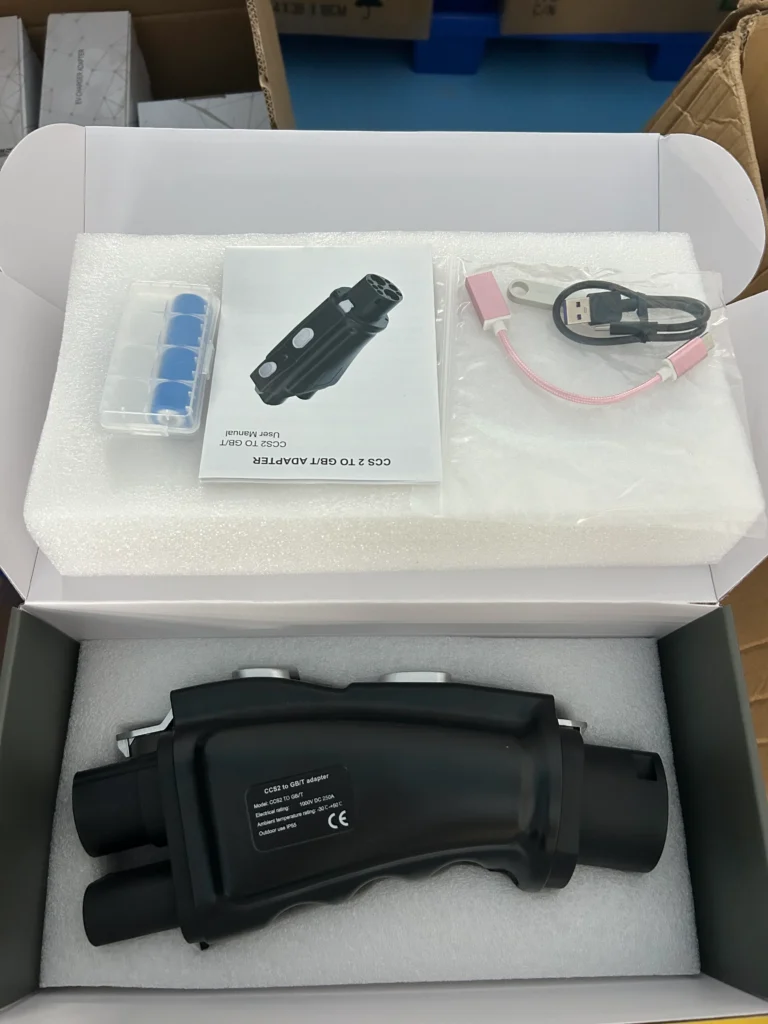
Why Compatibility Matters
When it comes to EV charging, compatibility is essential for several reasons:
- Simplifies Charging: Using a compatible EV adapter type ensures that you can easily connect to the charging stations available in your area. Non-compatible adapters can lead to inconvenience when you’re in a rush.
- Safety Concerns: Each adapter type has specific electrical and thermal characteristics. Using an incompatible adapter could cause failures, safety hazards, or even damage to your vehicle’s battery.
- Optimized Charging Speed: Different adapters offer varying charging capabilities. A non-compatible adapter may not support the vehicle’s maximum charging speed, leading to prolonged charging times.
- Future-Proofing: As charging infrastructure evolves, sticking with compatible adapter types will ensure ongoing access to the latest charging technologies.
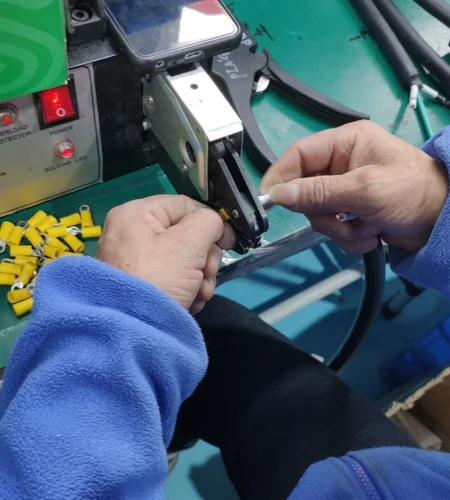
Finding Compatible Charging Solutions
With a plethora of EV adapter types in the market, how can you ensure compatibility? Here’s what to consider:
- Read Your Vehicle’s Manual: The manual will provide specific information on the recommended adapter types for your electric vehicle.
- Research Local Charging Stations: If you rely on public charging, familiarize yourself with the types of adapters that are widely available in your area.
- Invest in a Versatile Adapter: If you often travel or charge in different locations, consider purchasing multi-format adapters to accommodate various charging stations.
- Stay Updated: As the EV market matures, standards may evolve, and new adapter types may emerge. Keeping abreast of these changes will support better charging experiences.
In conclusion, the importance of compatibility in EV adapter types cannot be overstated. It is vital for ensuring seamless, safe, and efficient charging of your electric vehicle. By understanding the various types of adapters and keeping compatibility at the top of mind, you can enjoy the many benefits of electric vehicle ownership without unnecessary stress or inconvenience.
Maximizing Charging Efficiency with the Right EV Adapter Types
Choosing the appropriate EV adapter types is crucial for optimizing your electric vehicle (EV) charging experience. Not only does the right adapter ensure that you can efficiently connect to different charging stations, but it also plays a significant role in the charging speed, safety, and overall performance of your EV. Here’s how to maximize charging efficiency by understanding and selecting the best EV adapter types for your needs.
The Basics of EV Adapter Types
Before diving into the nuances of charging efficiency, it’s important to understand the various EV adapter types available in the market. Common types include:
- Type 1 (SAE J1772): Typically used in North America and Japan, this adapter is generally compatible with Level 1 and Level 2 chargers.
- Type 2 (Mennekes): Widely adopted in Europe, this connector is designed for both single-phase and three-phase power and is often found in Level 2 chargers.
- CCS (Combined Charging System): This adapter combines AC charging (Type 1 or Type 2) with DC fast charging capabilities, allowing for rapid refueling at high-power stations.
- CHAdeMO: Primarily used by Nissan and other Japanese manufacturers, this adapter supports high-speed DC charging.
Understanding Charging Speed and Efficiency
Charging speed is a critical consideration when evaluating EV adapter types. Charging efficiency relies on several factors including the power output of the station, the vehicle’s battery management system, and the type of adapter you are using. Here’s how to optimize each factor:
- Charging Station Power Output: Select a charging location that offers a higher power rating (kW) for faster charges. For example, DC fast chargers can deliver power levels from 50 kW up to 350 kW, allowing for significantly quicker charging times compared to standard Level 2 chargers.
- Compatibility with Vehicle: Ensure your EV adapter type matches the model of your vehicle. Using the correct adapter can prevent power losses and inefficiencies during charging.
- Battery Capacity: Understand your vehicle’s battery capacity and its charging curve. Some vehicles charge faster when the battery is at a lower state of charge (SOC), while charging slows down as the battery approaches full capacity.
Safety Considerations When Using EV Adapter Types
Safety is another paramount concern when it comes to EV charging. Selecting the right EV adapter types can mitigate various risks associated with charging. Here are safety considerations to keep in mind:
- Certification: Always use certified adapters that meet safety standards set forth by organizations like UL or CE.
- Proper Use: Follow the manufacturer’s recommendations for your EV and adapter to avoid accidents or equipment damage.
- Regular Inspection: Periodically check your adapters for wear and tear. Replace any damaged components to ensure safe operation.
In conclusion, selecting the right EV adapter is essential for maximizing charging efficiency and ensuring safe, reliable performance. By understanding different adapter types, compatibility with charging stations, and factors like speed and safety, EV owners can optimize their charging experience, promote battery health, and reduce charge times. Remember, the right adapter is more than just a connection—it’s the foundation of efficient and safe EV operation.
If you’re looking for tailored EV charger solutions, for AC EV charger, DC EV Charger, EV extension cable or EV adapter types, reach out to ZinstarEV today. Let us help you power your journey with the best in EV charging technology!

